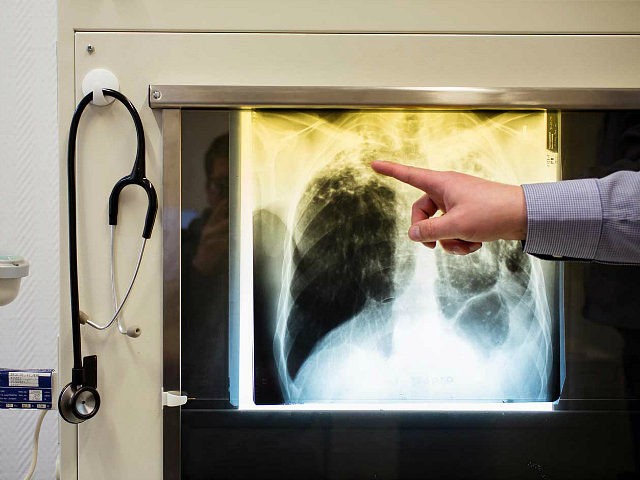Incoming migrants are bringing long-eradicated diseases to Germany and are putting the medical system under extreme stress.
As well as bringing a rising tide of crime and attitudes towards women that many consider incompatible with modern European values, the over one and a half million migrants who flowed into Germany last year have also brought unheard-of and rare strains of diseases to the continent. The new arrivals and their illnesses are putting pressure on the German health care system, reports Frankfurter Allgemeine Zeitung.
All migrants upon arrival in Germany are required to undergo medical screening. German doctors have been struggling with the high number of post-traumatic stress disorder cases amongst migrants, but are also finding it increasingly difficult to diagnose diseases that have been wiped out in Germany but are still prevalent in the Middle East and Africa.
Gastrointestinal and liver diseases, scabies, and tuberculosis (TB) are common amongst migrants. Henning Mothes from the Jena University Hospital in Hamburg said that German doctors are struggling to diagnose TB as the symptoms that the migrants are displaying are not typical, and the disease often goes undiagnosed. Doctors are now advised that any migrant with abdominal pain now be tested for the disease.
Another illness common in the Arab world, but unheard of in Europe, is a parasite found in foxes and dogs that can be transmitted to humans. The parasite can cause severe damage to the liver, forming large cysts that are difficult to diagnose and only a skilled specialist is able to operate on them. If the parasite is allowed to spread further into the abdomen, the disease then becomes inoperable.
Many of the diseases that migrants carry are fortunately not contagious to the general population but there have been several cases in the past year of highly-contagious diseases being spread among the migrant population. One disease in particular, a flesh-eating tropical disease, has left many in Islamic State territory horribly disfigured.
In Austria, a deadly bacterial illness was found in an asylum home in an old converted hotel. The discovery of the disease raised alarm when it was reported that, if left unchecked, the bacteria could have a similar fatality rate as the Ebola virus.

COMMENTS
Please let us know if you're having issues with commenting.